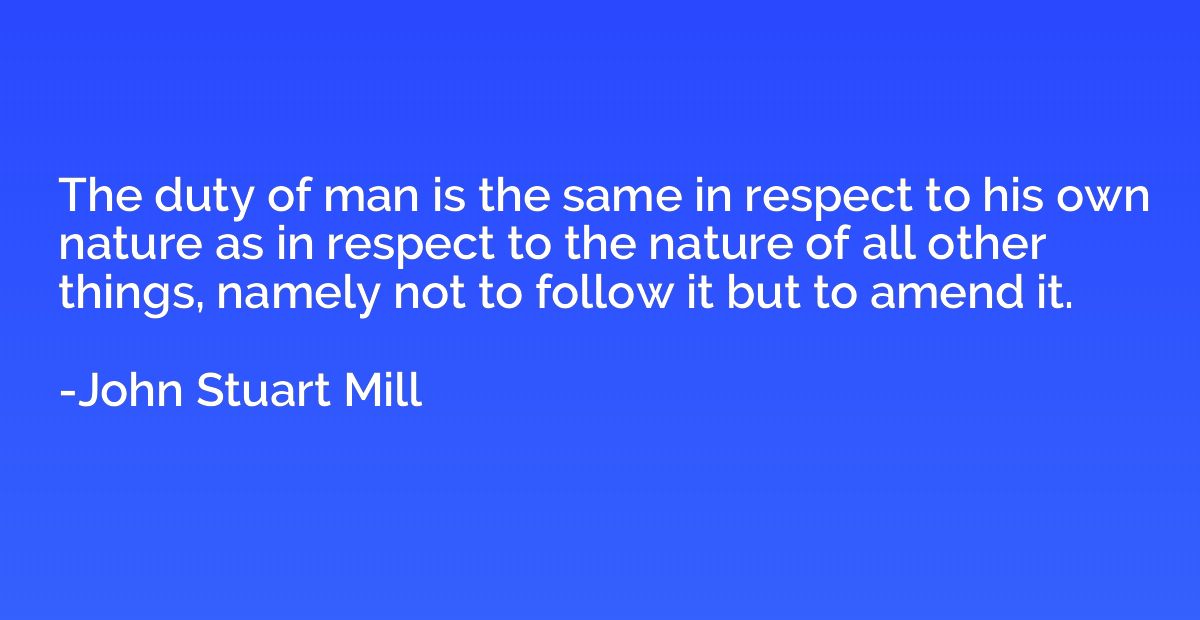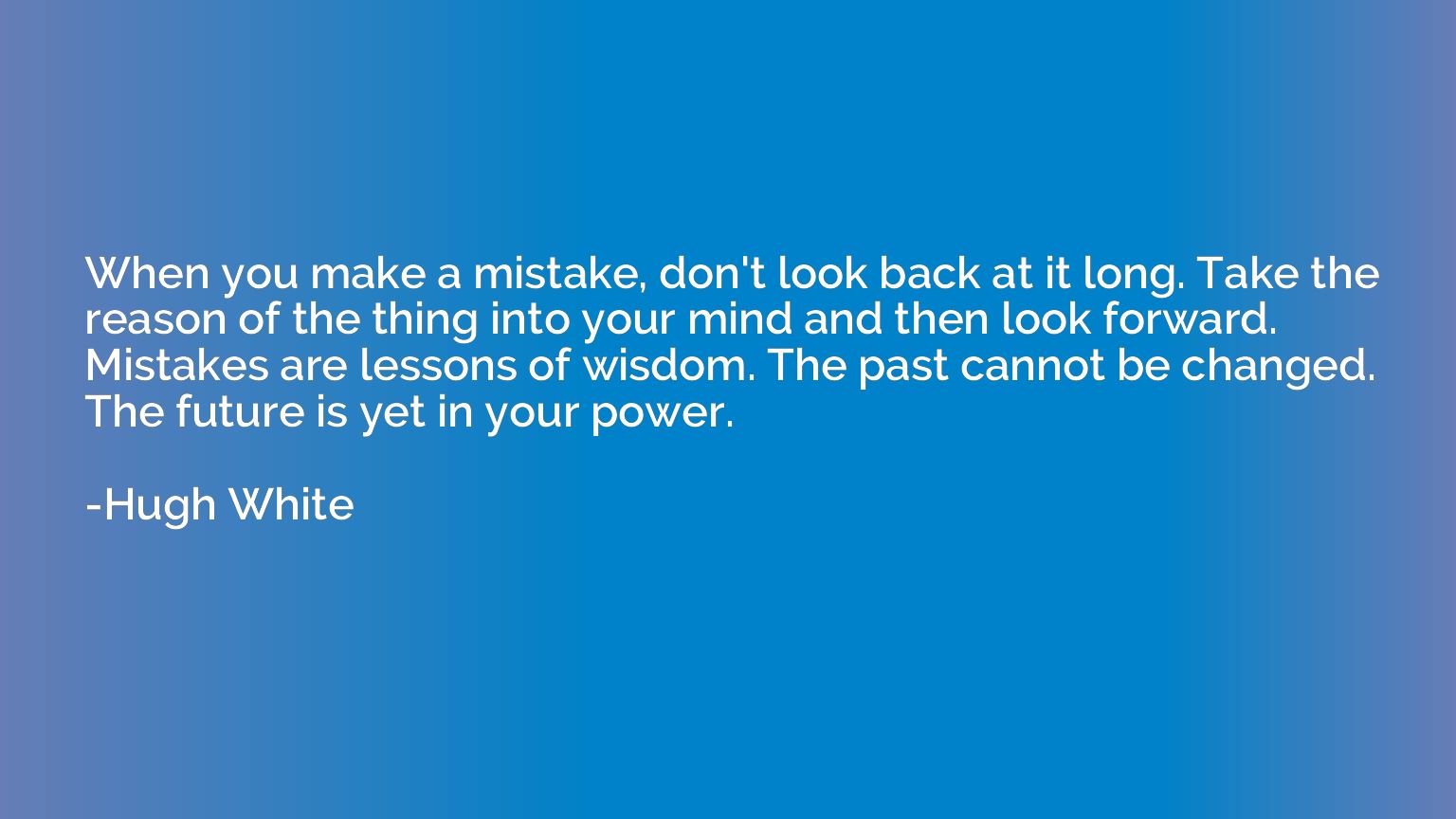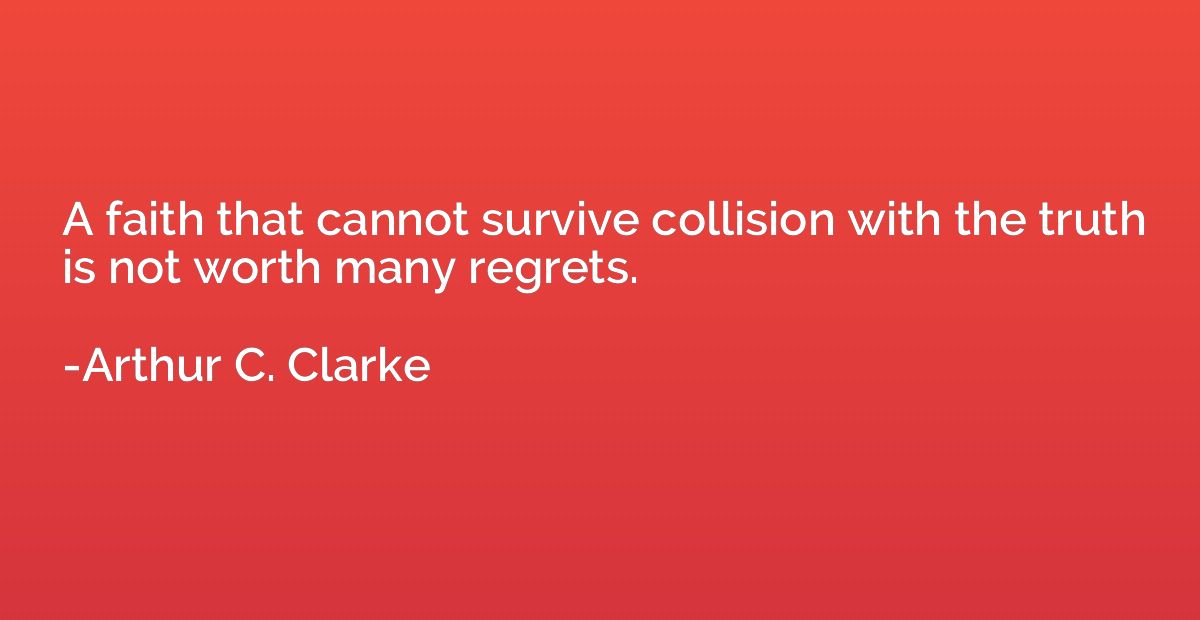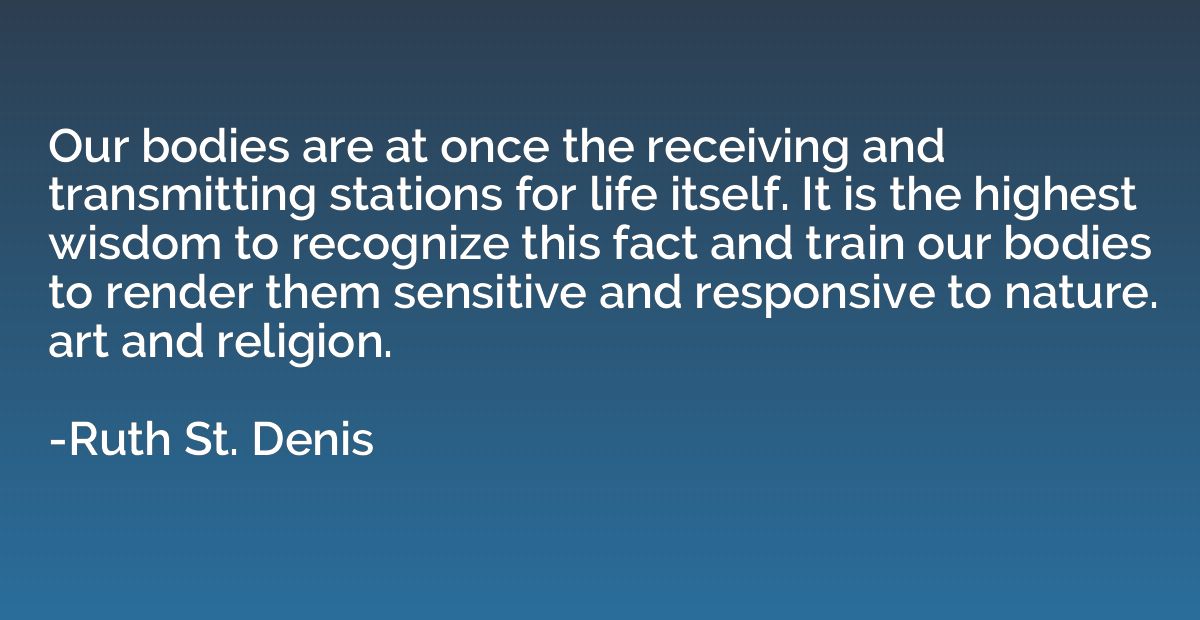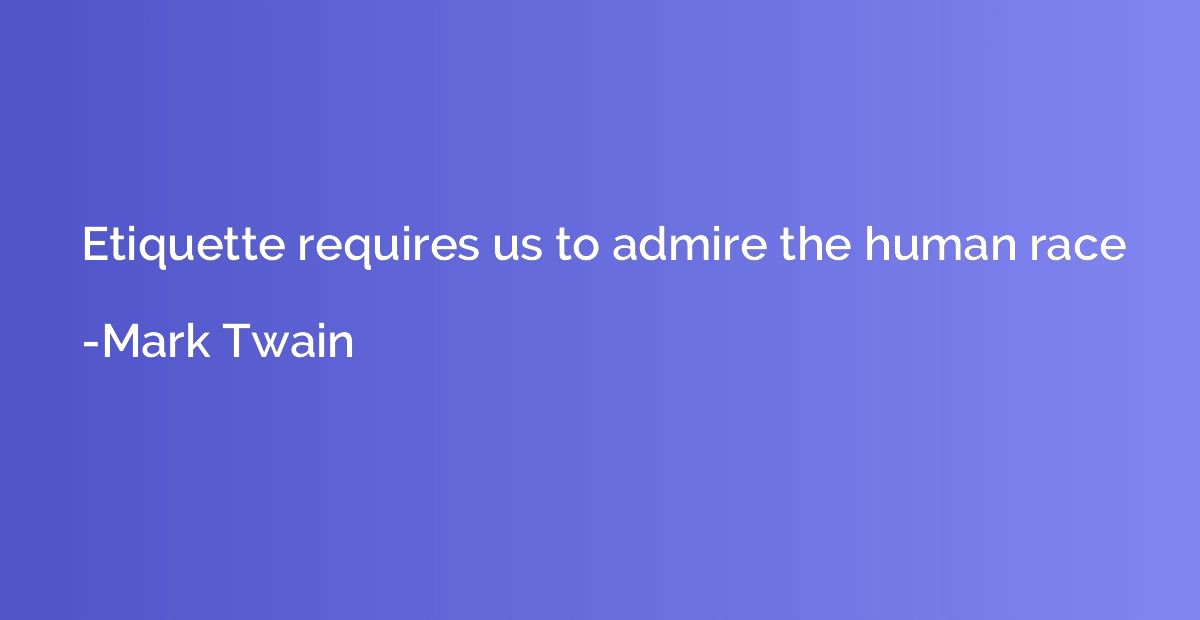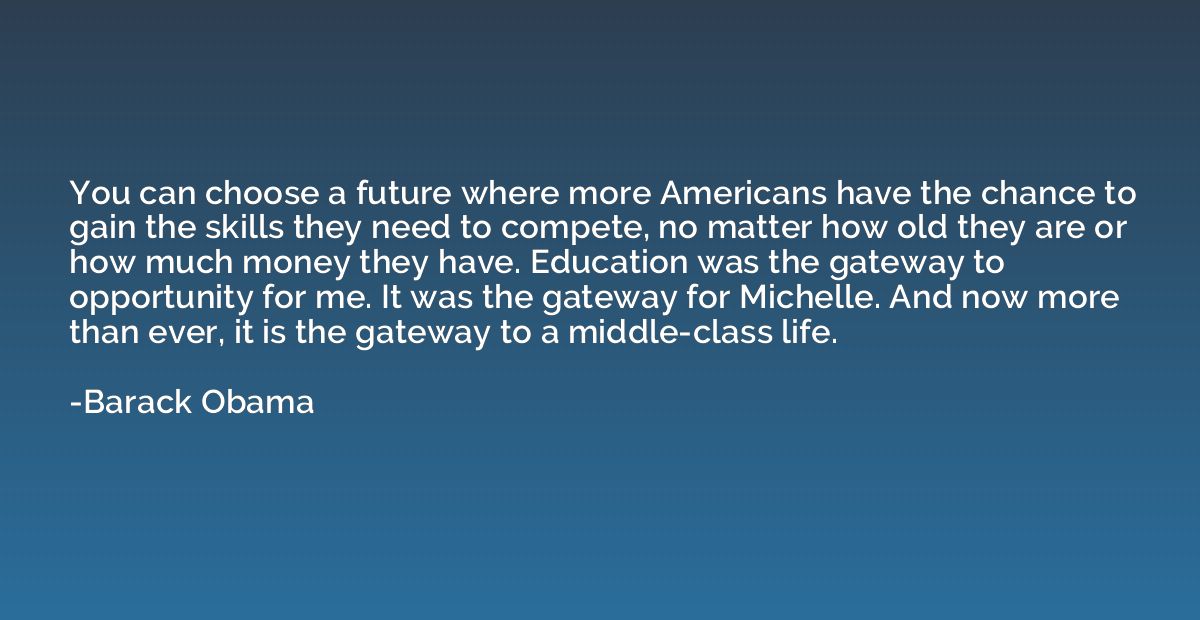Quote by Khalil Gibran
Pain and foolishness lead to great bliss and complete knowledge, for Eternal Wisdom created nothing under the sun in vain.

Summary
This quote suggests that experiencing pain and making foolish mistakes can ultimately lead to profound happiness and wisdom. It implies that everything that exists serves a purpose and is created by an all-knowing force. By going through challenging and difficult experiences, individuals can gain a deeper understanding of themselves and the world around them, leading to a state of complete knowledge and ultimate bliss. It emphasizes the importance of learning from pain and foolishness as a means to achieve personal growth and enlightenment.




